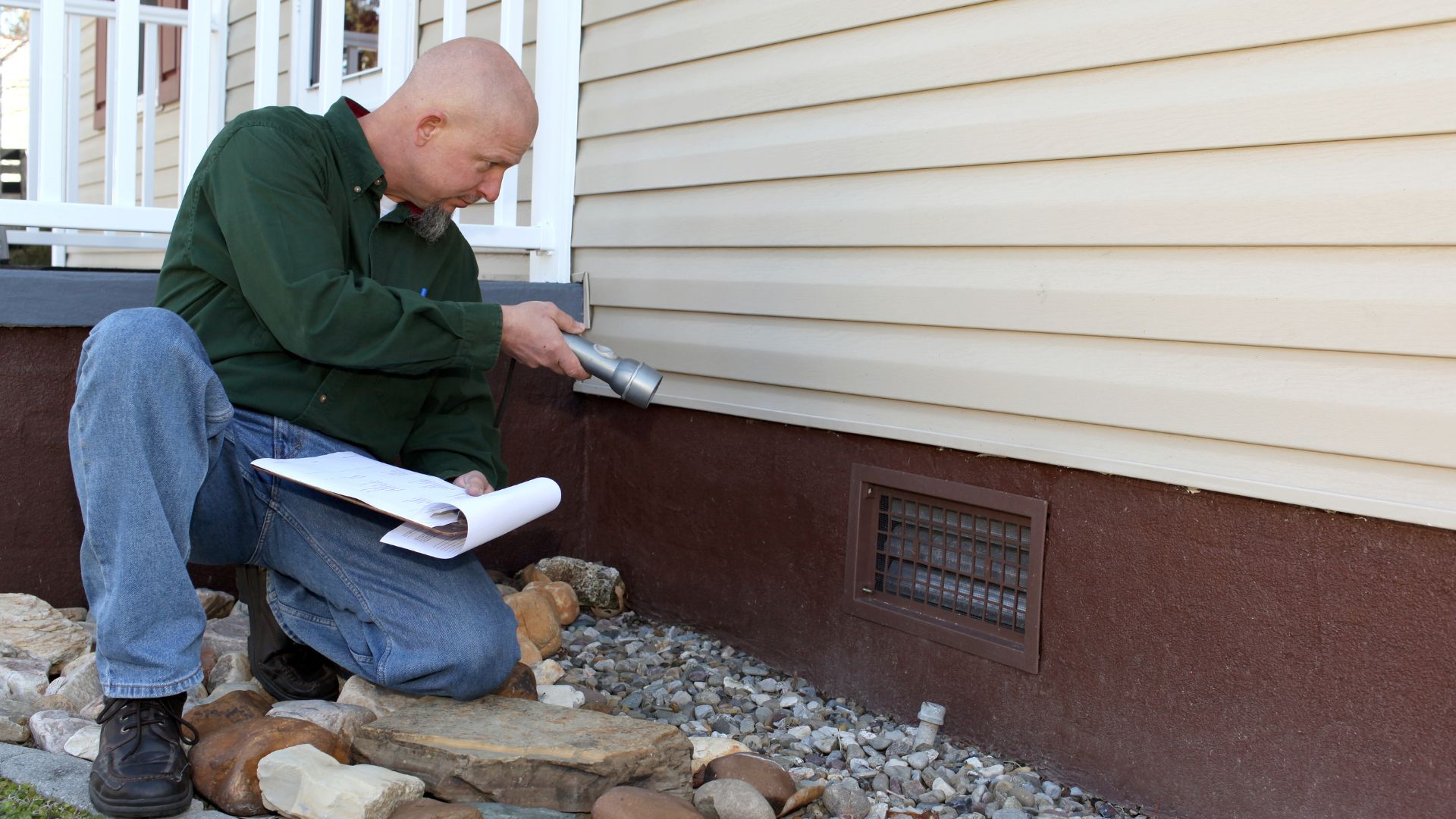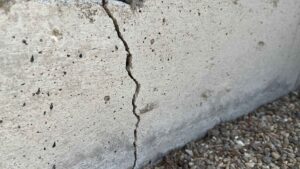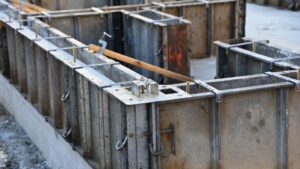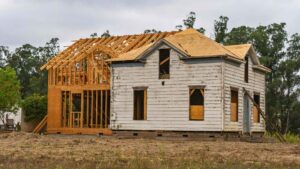Your home’s foundation is one of its most critical structural elements, and if you suspect any issues, scheduling a professional foundation inspection is the best step toward protecting your investment. Whether you’ve noticed cracks, uneven floors, or sticking doors, a thorough inspection can help identify the cause and recommend the right repair solutions. But what exactly happens during a foundation inspection? Here’s a step-by-step guide on what to expect.
1. Initial Consultation and Homeowner Concerns
The foundation inspection begins with a conversation between you and the foundation specialist. They will ask about any issues you’ve noticed, such as cracks in walls, water intrusion, or doors and windows that don’t close properly. Providing this information helps the inspector focus on specific problem areas and determine potential causes.
2. Exterior Inspection
The inspector will start by assessing the outside of your home. This includes:
-
- Looking for foundation cracks on exterior walls.
-
- Checking for gaps between bricks, siding, or windows and doors.
-
- Examining drainage patterns to see if water is pooling around the foundation.
-
- Inspecting the grading of the soil to determine if it slopes away from the home properly.
If the foundation has noticeable cracks, shifts, or separations, these could be signs of structural issues that need attention.
3. Interior Inspection
After assessing the exterior, the inspector will move inside to examine the condition of your home’s structure, including:
-
- Walls and Ceilings: Checking for cracks, bowing, or separation in drywall or plaster.
-
- Floors: Looking for uneven or sloping areas, which could indicate foundation settlement.
-
- Doors and Windows: Testing whether they stick or don’t align properly, which can be a sign of shifting.
-
- Basement or Crawl Space: If your home has a basement or crawl space, the inspector will check for moisture problems, mold, and foundation movement in these areas.
4. Floor Level and Elevation Measurements
Many foundation inspectors use specialized tools, such as laser levels or zip levels, to measure floor elevations throughout the home. This helps determine whether parts of the foundation have shifted or settled unevenly. Small differences in elevation are normal, but significant variations may indicate a problem that requires repair.
5. Checking for Water Damage and Drainage Issues
Since water is one of the biggest threats to foundation stability, the inspector will look for signs of moisture damage, leaks, or poor drainage. This may include checking:
-
- The condition of gutters and downspouts to ensure they direct water away from the home.
-
- Any water pooling near the foundation, which could contribute to soil erosion.
-
- Signs of mold, mildew, or musty odors, which may indicate excessive moisture in the basement or crawl space.
6. Identifying the Cause of Foundation Issues
Once all assessments are complete, the inspector will analyze the findings to determine the cause of any foundation issues. These causes may include:
-
- Soil expansion and contraction.
-
- Poor drainage leading to water damage.
-
- Improper construction or weak materials.
-
- Tree roots disturbing the foundation.
Understanding the root cause is essential to recommending the right repair solutions.
7. Repair Recommendations and Next Steps
If the inspector identifies foundation issues, they will provide a detailed report outlining their findings and repair recommendations. Solutions may include:
-
- Foundation piers or underpinning to stabilize settling foundations.
-
- Crack injections for minor foundation cracks.
-
- Wall anchors or braces for bowing or leaning walls.
-
- Drainage solutions, such as French drains or sump pumps, to prevent water damage.
In some cases, minor foundation concerns may not require immediate repair but should be monitored over time. The inspector will let you know what to watch for and how to maintain your foundation’s health.
8. Cost Estimates and Repair Timeline
If repairs are needed, the foundation repair company will provide an estimate for the cost and timeline for fixing the problem. Some repairs can be completed quickly, while more extensive foundation work may take several days.
Final Thoughts
A professional foundation inspection is a crucial step in protecting your home from structural damage. By identifying issues early, you can prevent costly repairs and maintain the integrity of your property. If you suspect foundation problems, don’t wait—schedule an inspection today to ensure your home remains safe and stable for years to come.
